Imagine a world without photographs. There's so much we might never have "seen". Thanks to the invention and evolution of the camera, we have pieces of the past frozen in time. We are able to "experience" places we've never been. And we can share parts of our lives with strangers, in an instant.
Nowadays, almost anyone can be a photographer. An amateur one anyway. And you don't even need to carry a camera or professional equipment. A mobile phone with photographic capabilities will do just fine. But it wasn't always that way.
A group of highly talented photographers came before us, paving the way as they played with light around them. Facebook page History Photos Sealed In Time is a gorgeous gallery of "historical and vintage photos from around the world". Bored Panda has put together a list of our favorites. Keep scrolling for a captivating journey through the days of darkrooms and daylight color film. And learn a bit more about the days before digital photography.
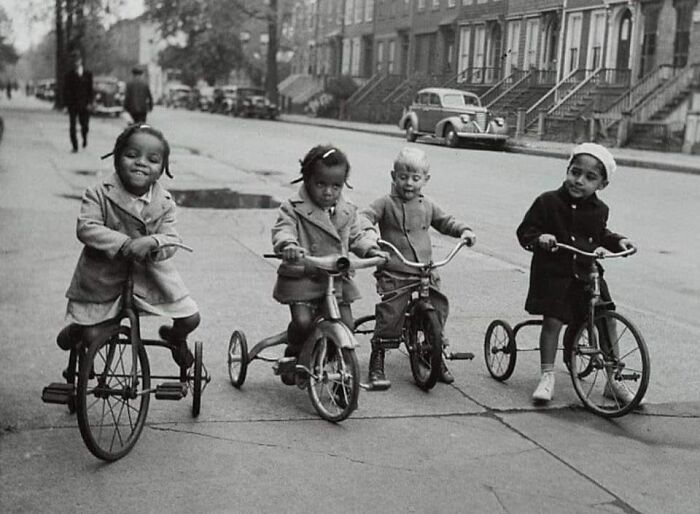
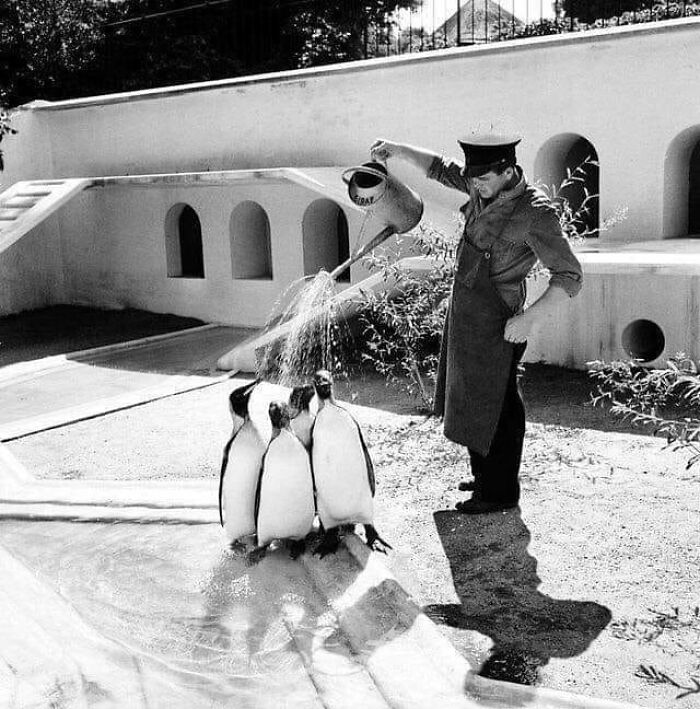
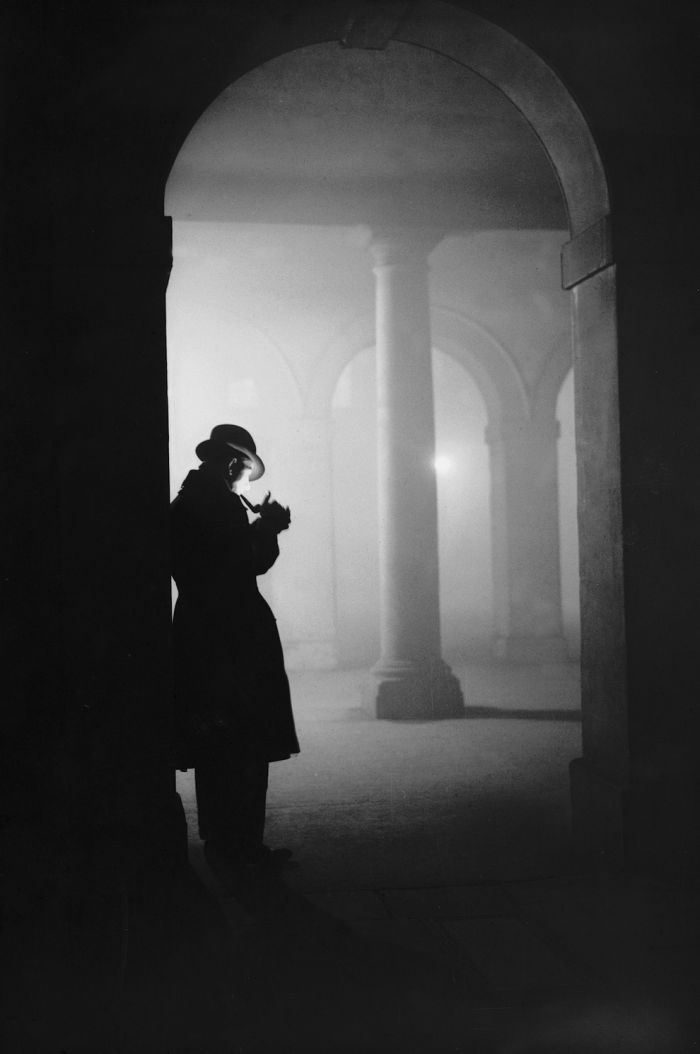
The first ever photograph is known as “Window at Le Gras”. It came to life in 1826, when a French inventor set up a camera obscura to capture the view outside his window. "Camera obscura" is a Latin phrase, which literally means dark room. The National Gallery Of Art defines camera obscura as "an optical device that creates an image by focusing rays of light onto a screen or sheet of paper".
In essence, Nicéphore Niépce created the first camera that could properly capture an image and seal it in time. He had been playing around for a while. But at first, his images didn't "stick". In the early phases, he experimented with how a negative image could be created on paper coated with silver chloride. But those would always end up fading.
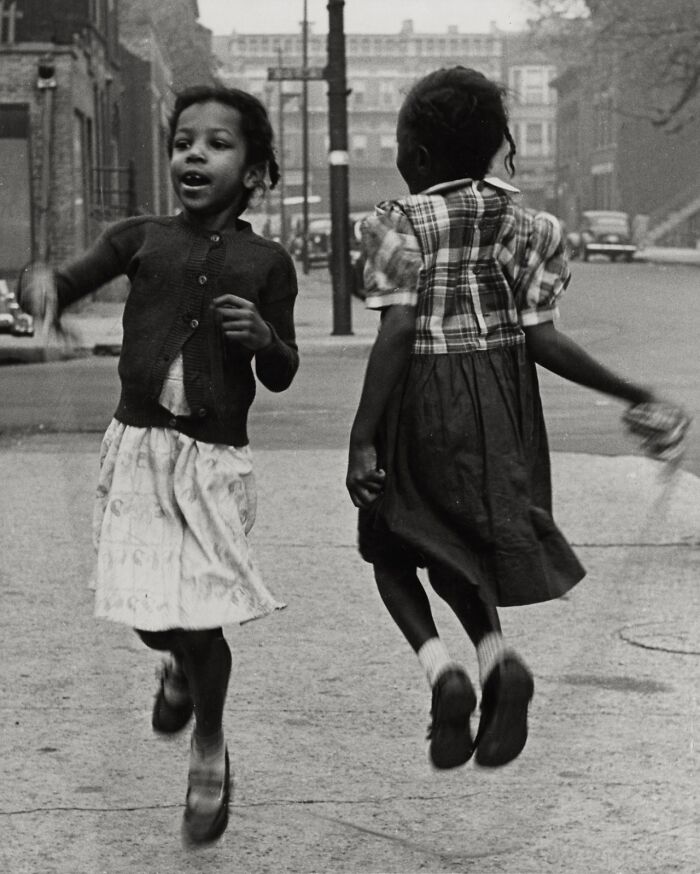
45 Of The Funniest And Most Accurate Memes That Explain History In A Way That Textbooks Don’t

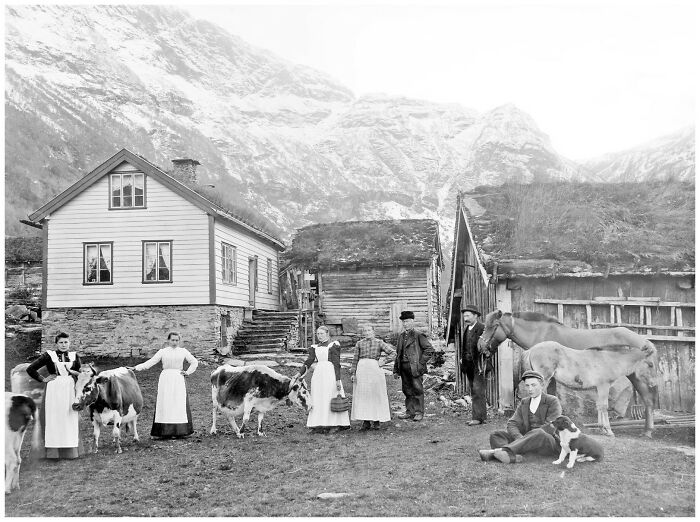
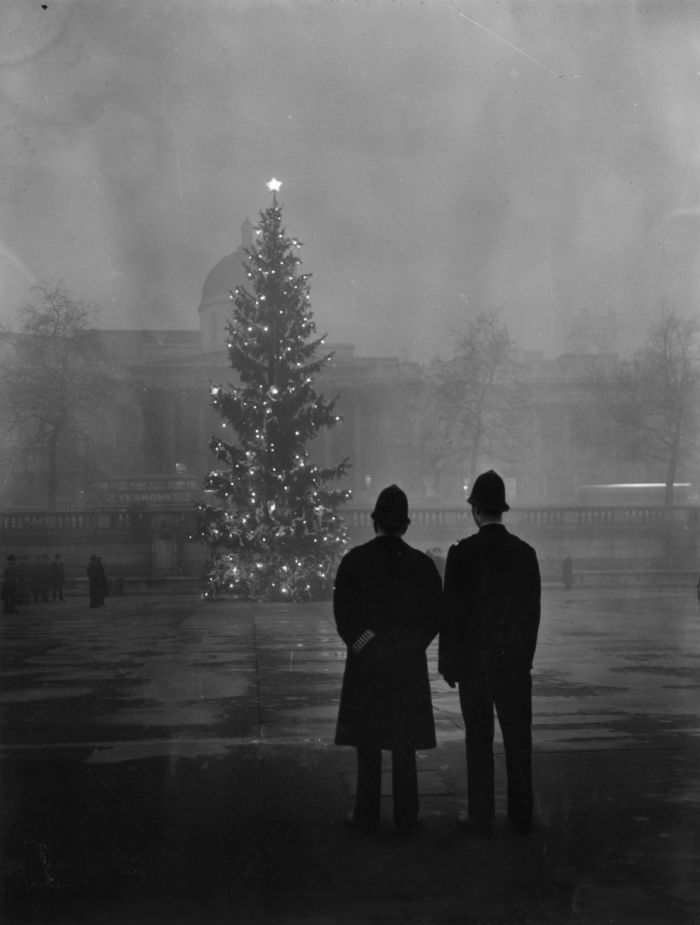
After much trial and error, and several later chemical explorations, he finally got it right. He discovered that a certain film mixed with pewter could produce permanent photographic images when exposed inside a camera obscura. Niépce called this process ‘heliography’.
His first photo was a view from the window of his estate in Burgundy, France. It required an exposure time of around 8 hours. And while Niépce's images were blurry, they paved the way for the sharper, more professional photographs we can enjoy in this compilation.
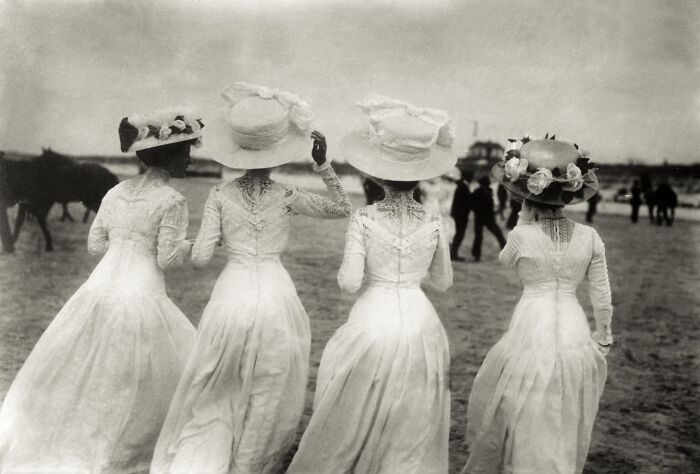
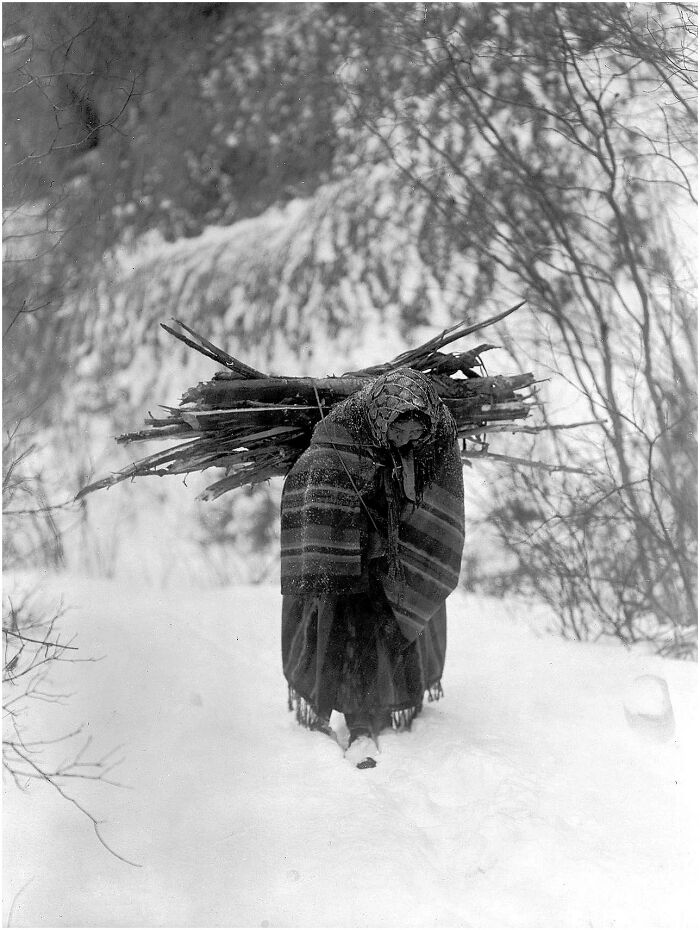
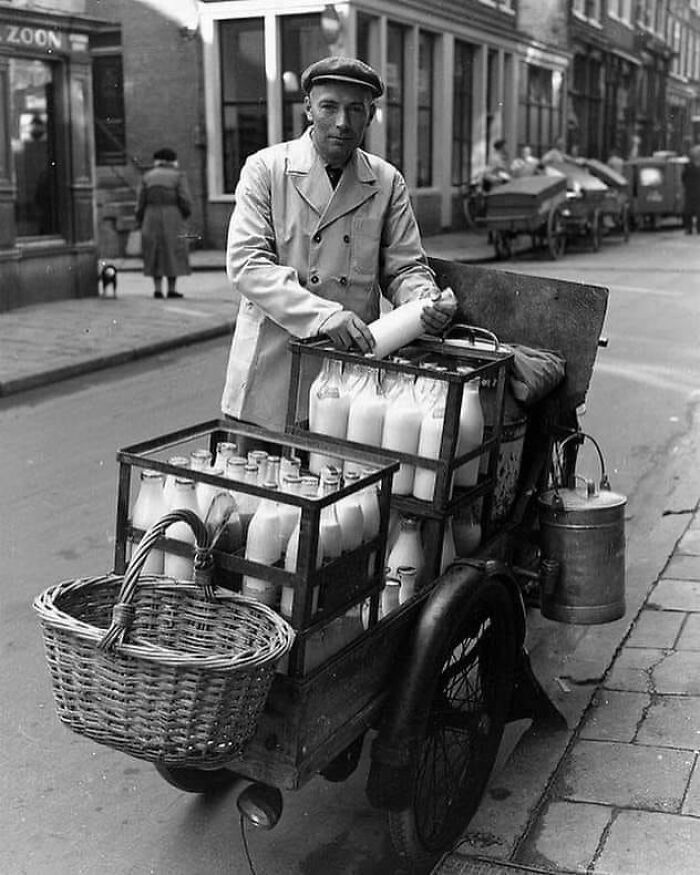
It would be a few more years before photography could become accessible to the public. A big room wasn’t exactly the most practical tool for most people. When Niépce died in 1833, his protege Louis Jacques Mandé Daguerre took over. Thanks to him, the world was introduced the first ever portable camera in 1839.
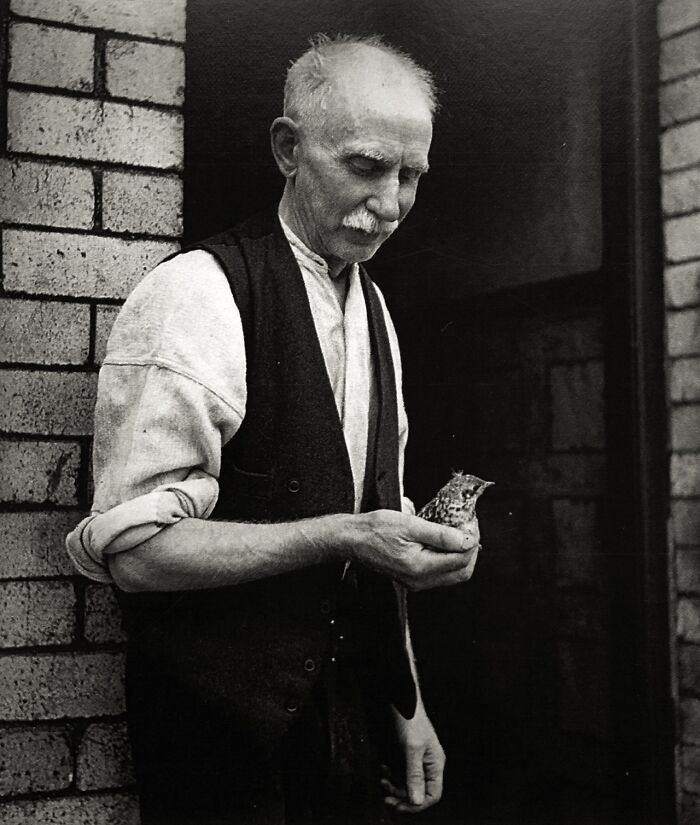
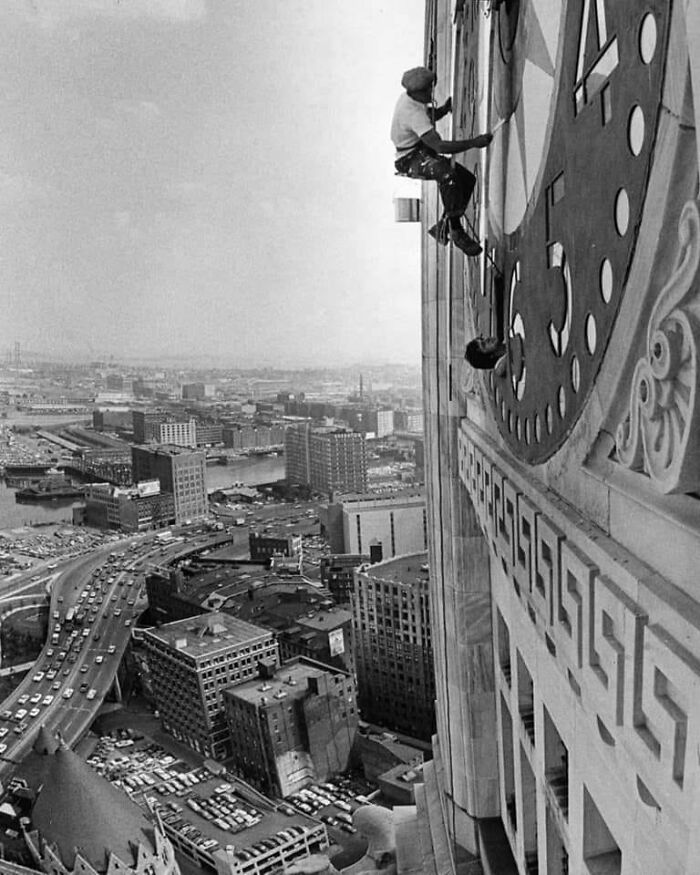
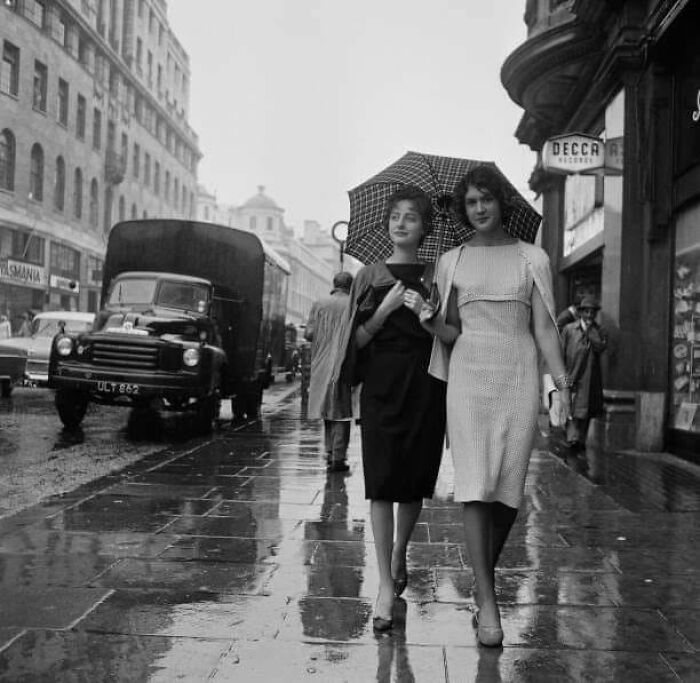
"A forerunner of the modern camera, the camera obscura consisted first of a room, then later of a portable box with a small opening in one side," reads the National Gallery of Art site. "Light reflected by objects in the natural world enters the box through a lens set into the opening and projects an image onto the opposite surface. The image, like one formed on the retina of the eye, is upside down and reversed.
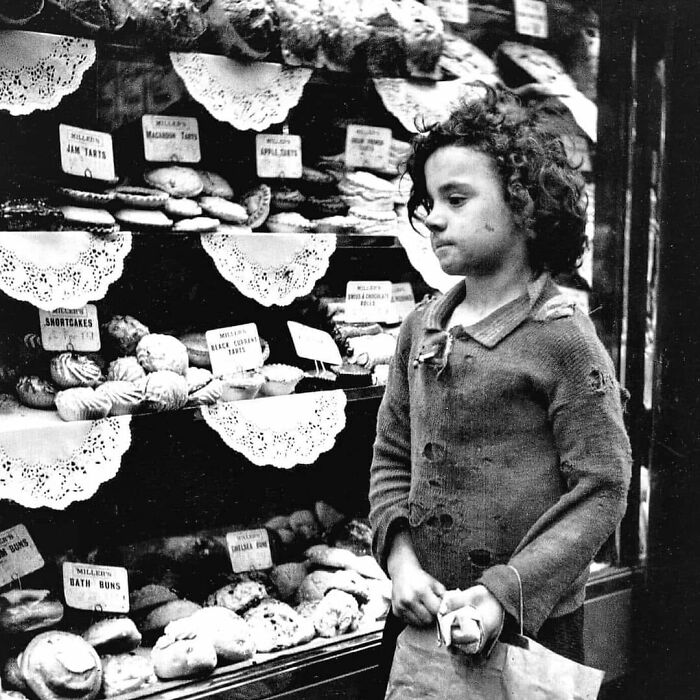
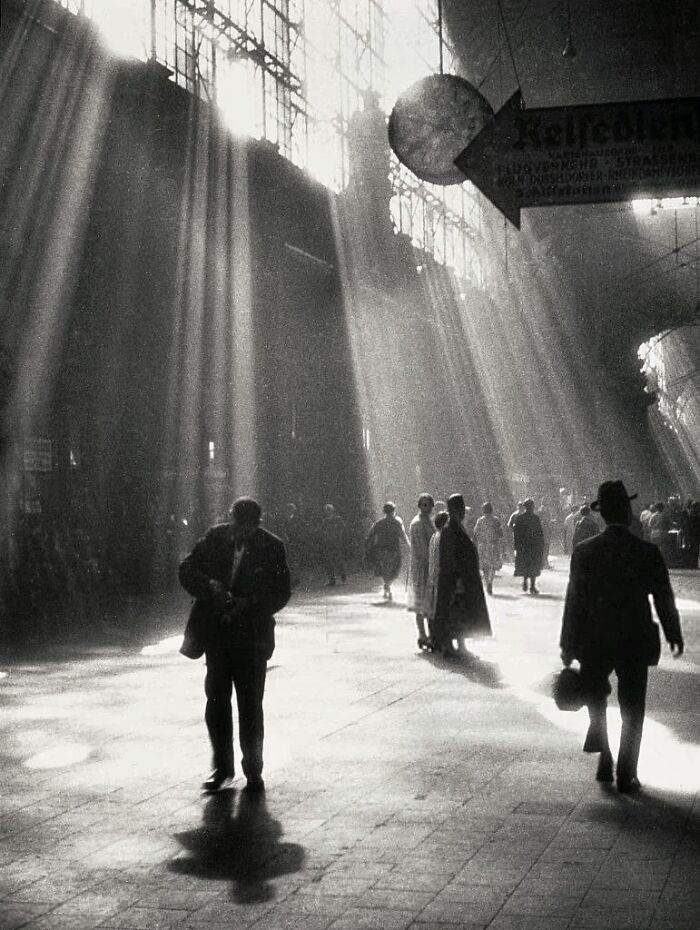
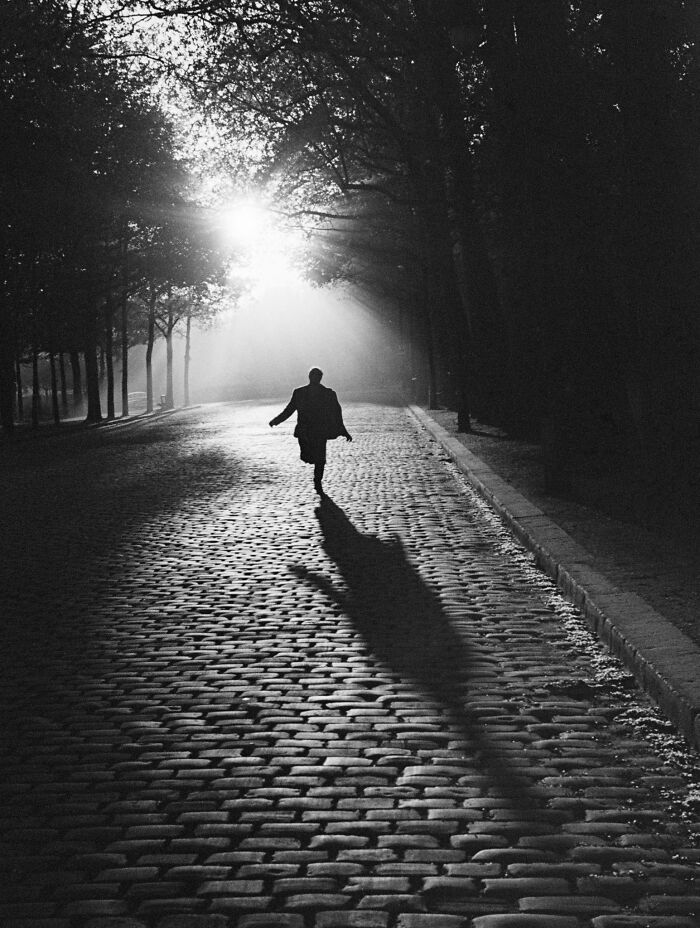
Daguerre called his box camera the "Daguerreotype". It had plate inside, coated with a thin film of silver iodide. The plate had to be exposed to a few minutes or hours of light to produce an image. It was then treated with mercury vapor and hot saltwater to remove the silver iodide.
And voila! A permanent image, or daguerreotype, was left behind. But the images were still all mirror images, or in reverse. After trial and error, Daguerre managed to reduce the exposure time to just a few seconds. It was a turning point in the history of photography, and catapulted cameras into the commercial arena.
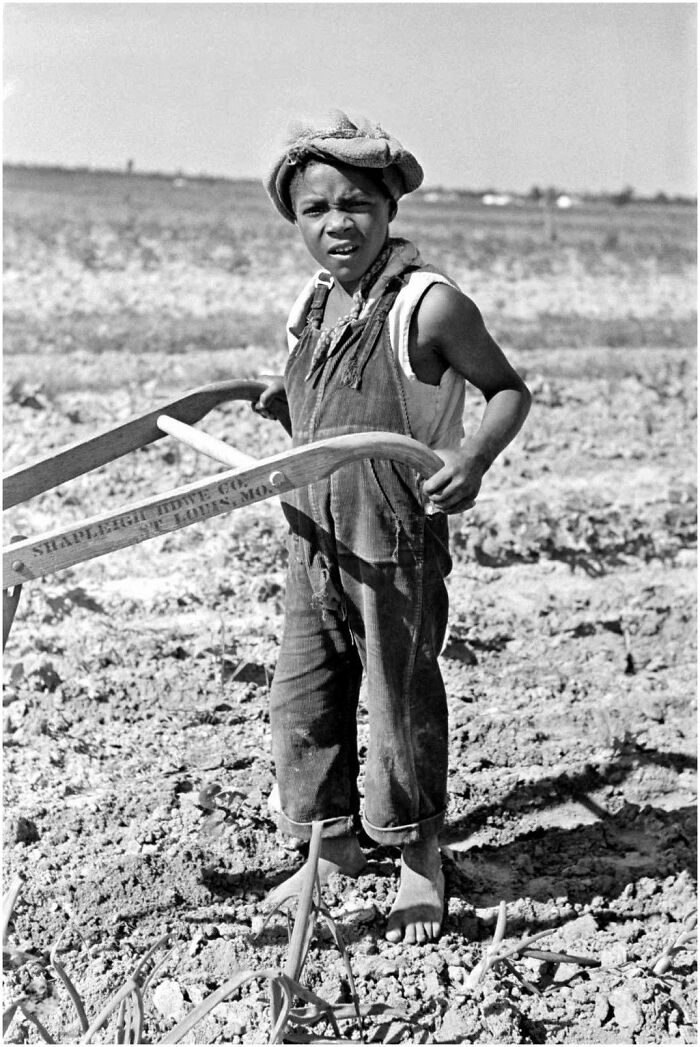
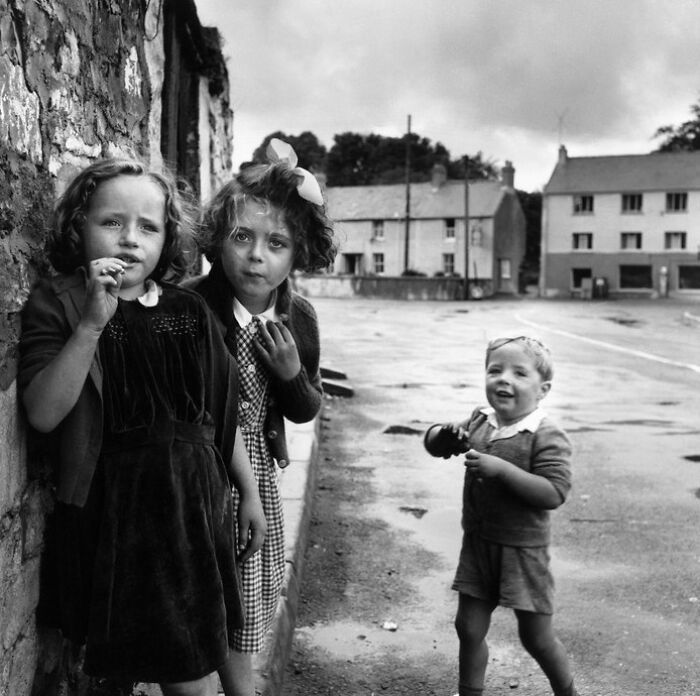
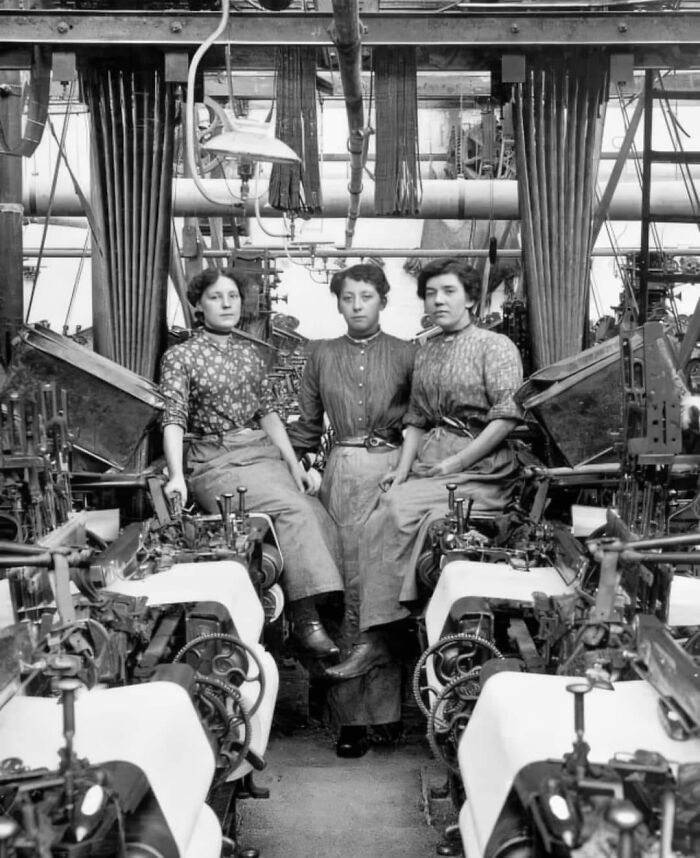
Back then, photographers could work on one print at a time. But William Henry Fox Talbot soon changed the game. He came up with what's known as the calotype process. It allowed photographers to create a negative, and use it to produce multiple prints at a time.
Following that was George Eastman’s creation of the first roll of Kodak film in 1889. Suddenly people could take multiple photos one after the other. And photographs didn’t have to be individually processed. It was the beginning of snapshots, as we know them now. When Thomas Edison later added perforated edges, we were gifted with the 35mm format that dominated the industry for years to come.
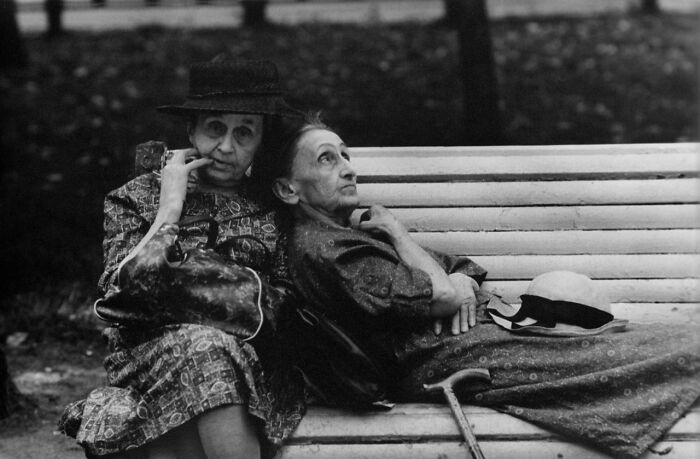
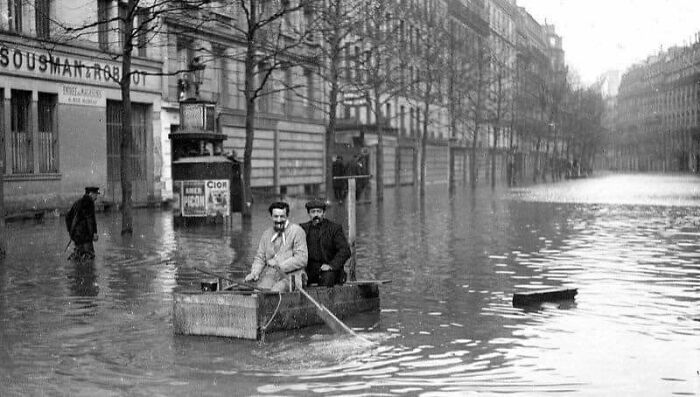
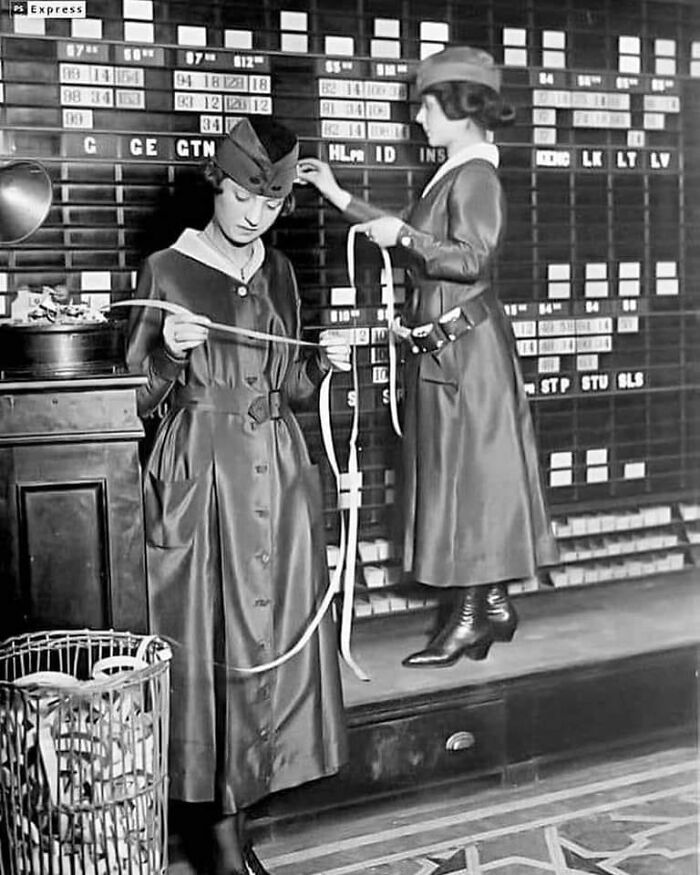
The first 35mm camera was introduced in 1925. The compact Leica was a far cry from the big, bulky box cameras that photographers had to lug around before. And as more people experimented over the years, we finally saw color film enter the fray.
Kodak was once again on the frontlines of film advancement. And released Kodachrome in 1936. Unlike monochrome, or black and white, the film had multiple layers and allowed photographers to bring their work to life with a range of vibrant colors.
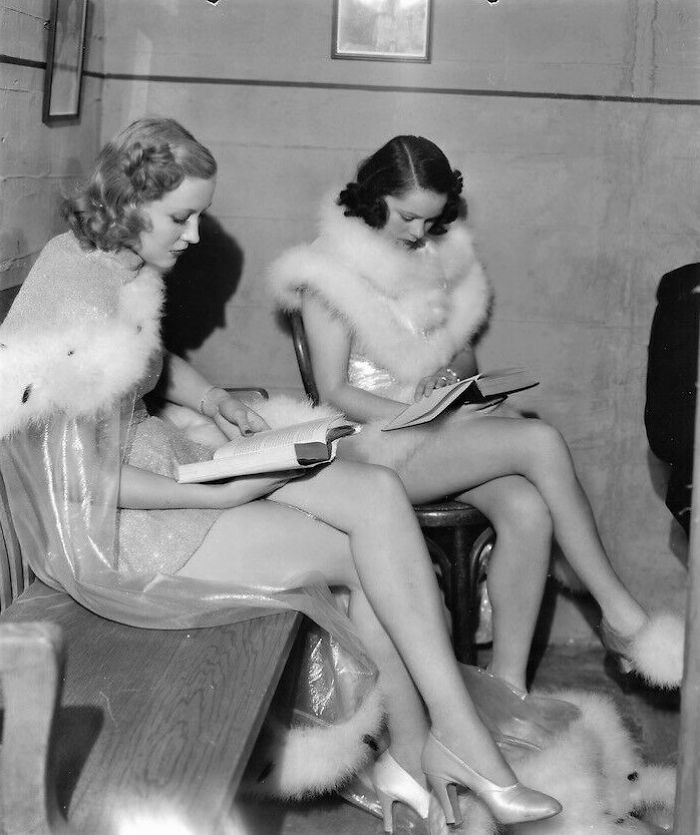
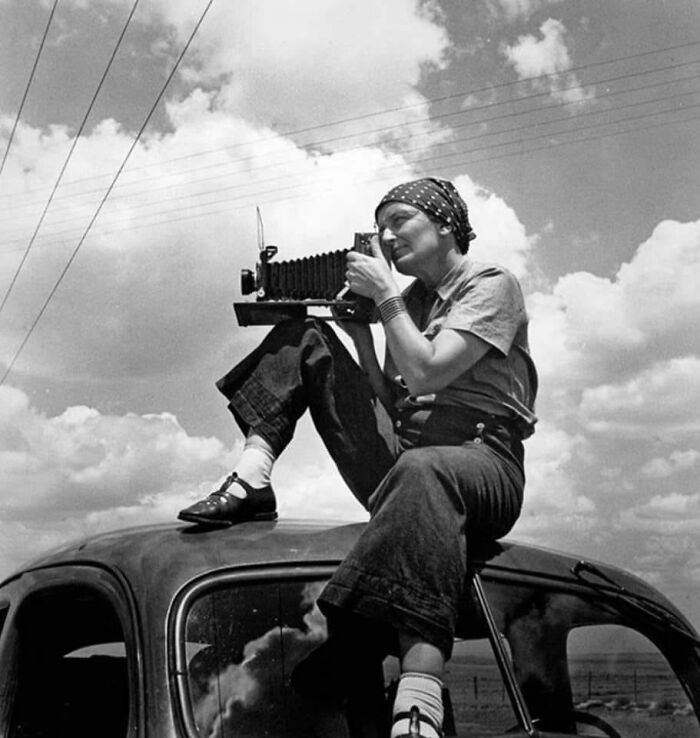
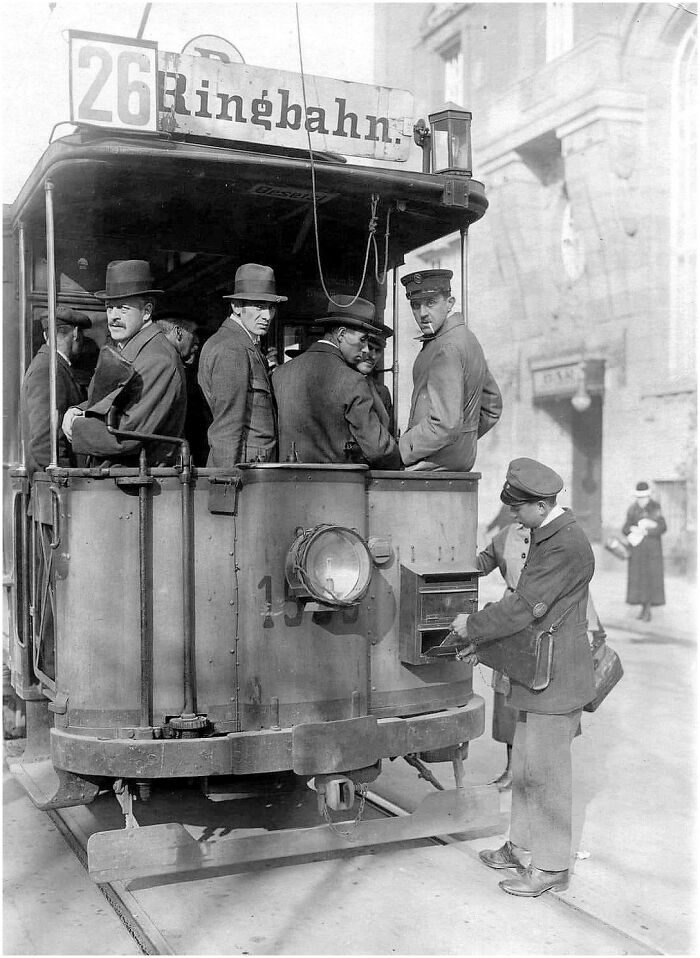
Polaroid pictures added a whole fun, new element to photography. In a world where instant gratification reigns supreme, people were now able to snap and see their pics instantly. The invention of the first instant camera by Edwin H. Land in 1848 was met with much excitement. Many decades later, Instagram launched with a logo of a Polaroid camera.
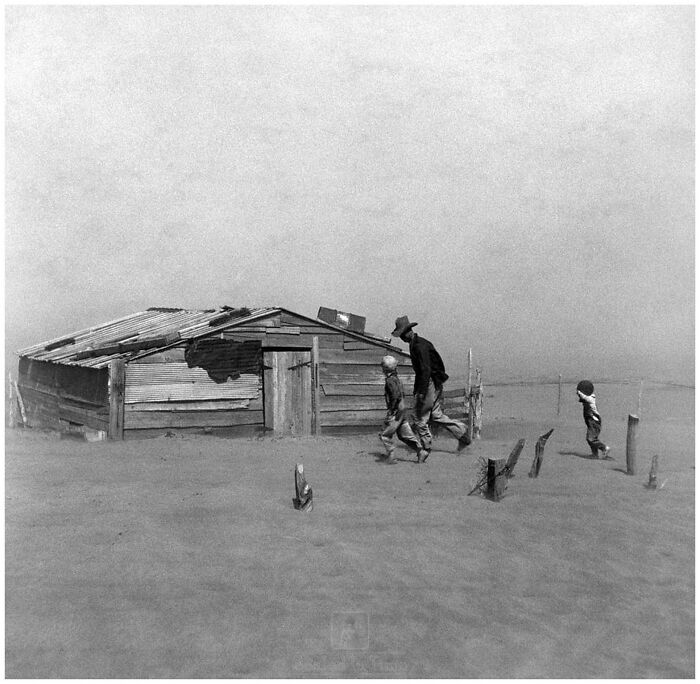
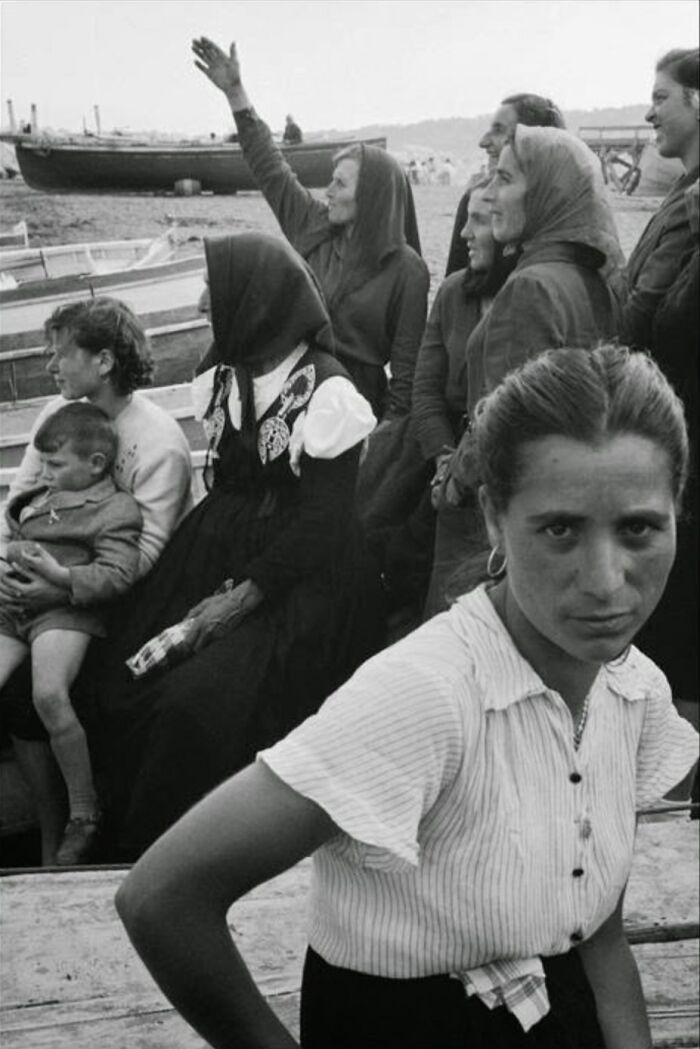
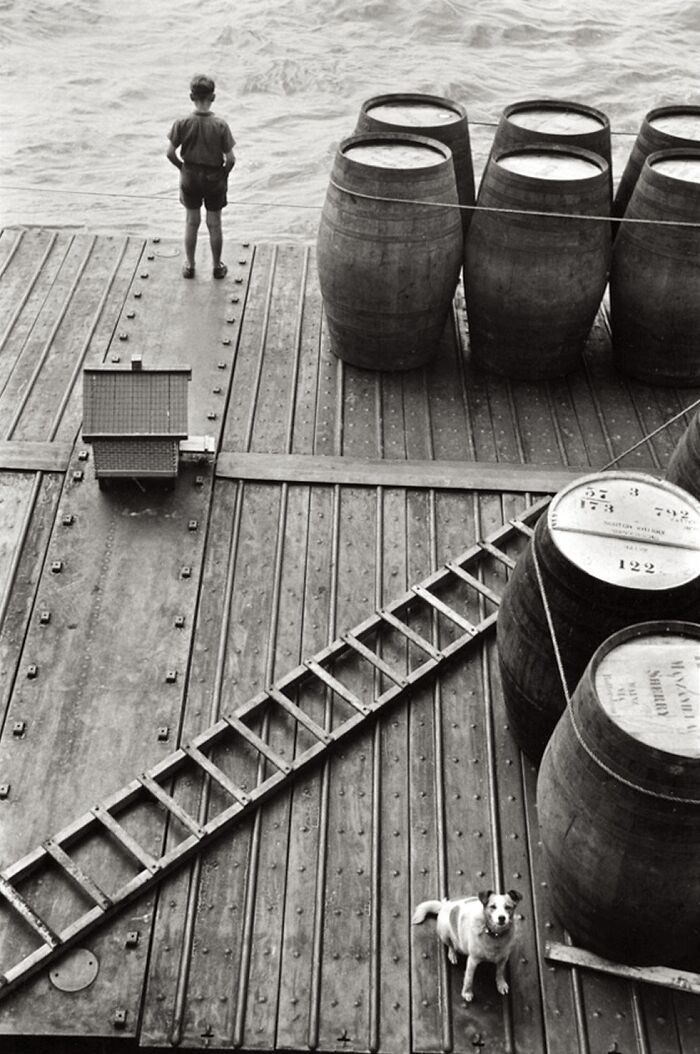
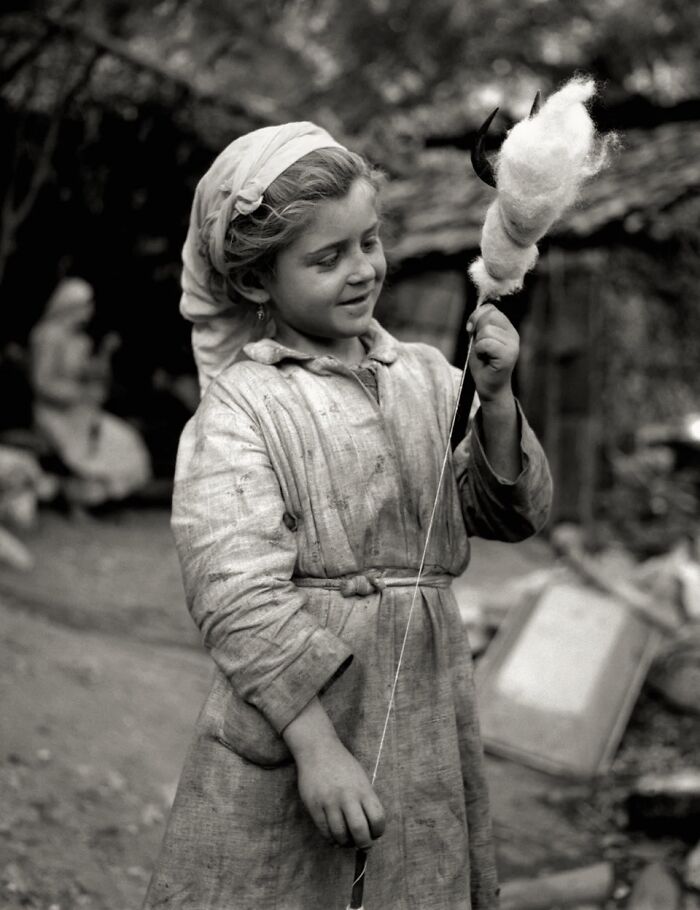
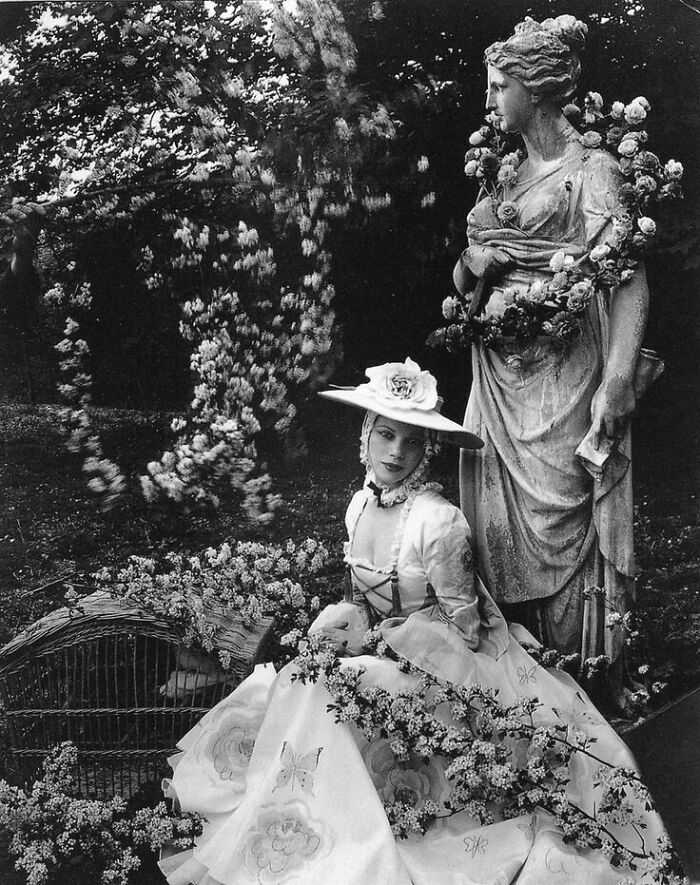
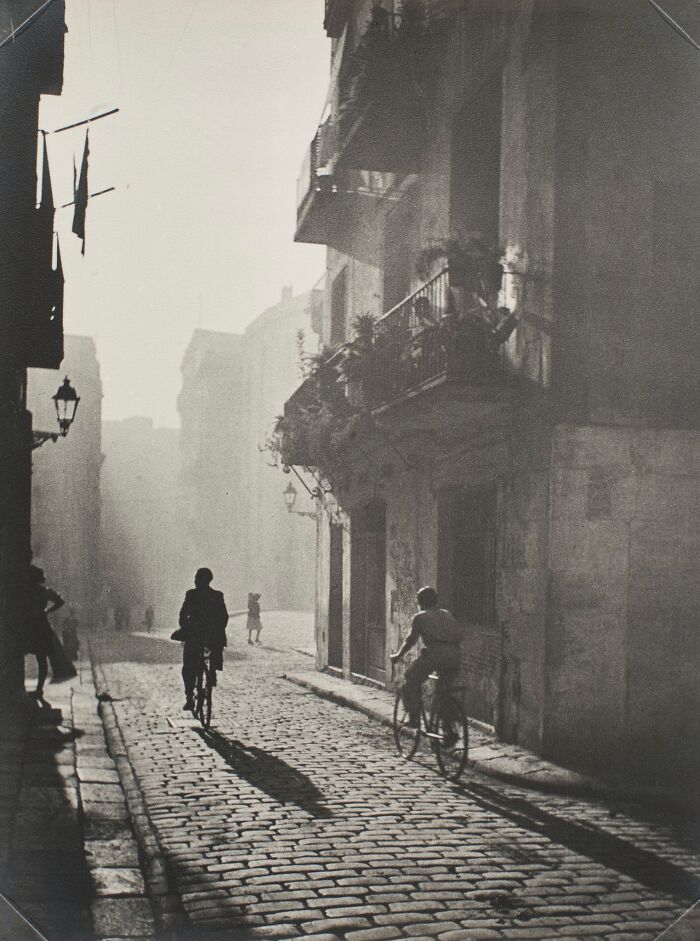
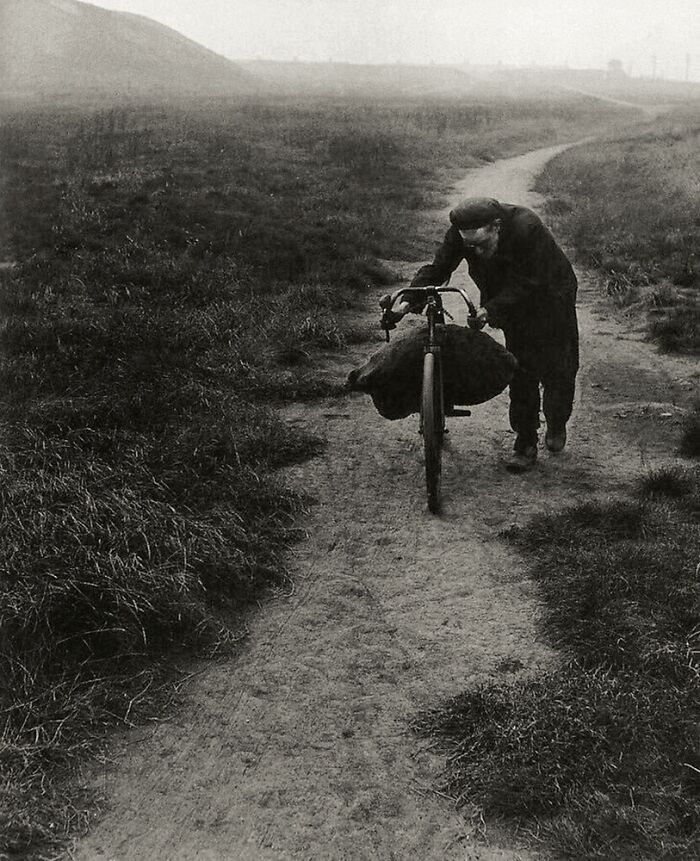
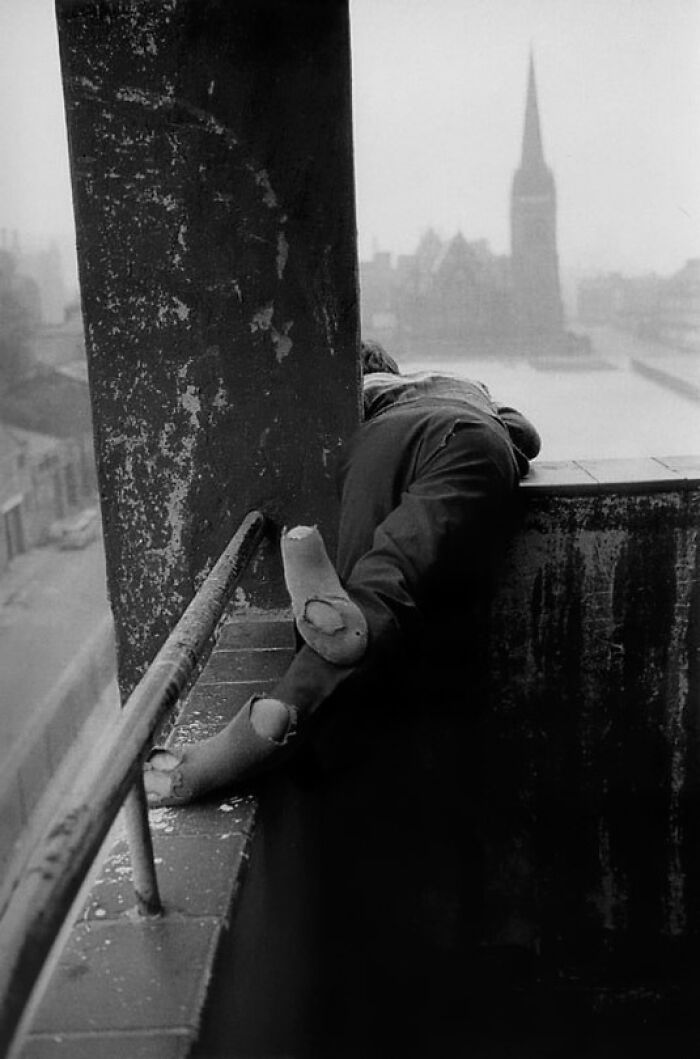
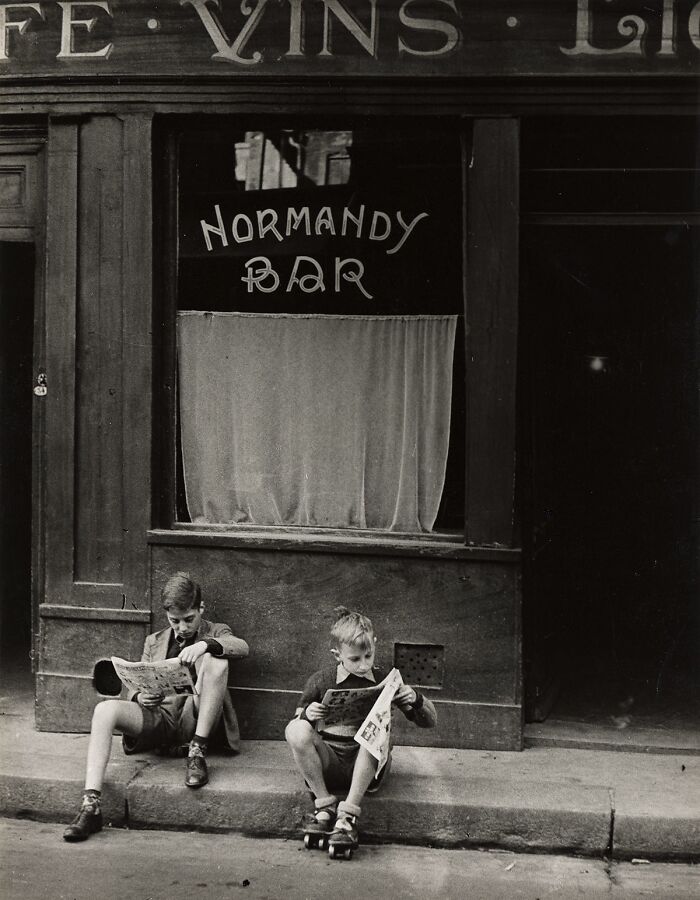
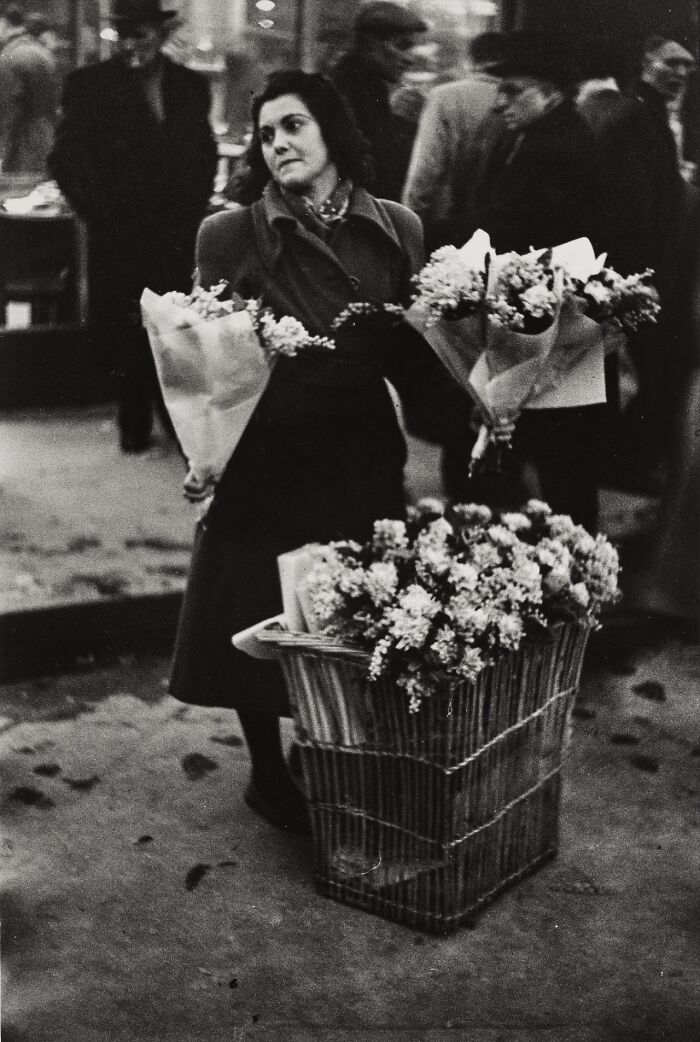
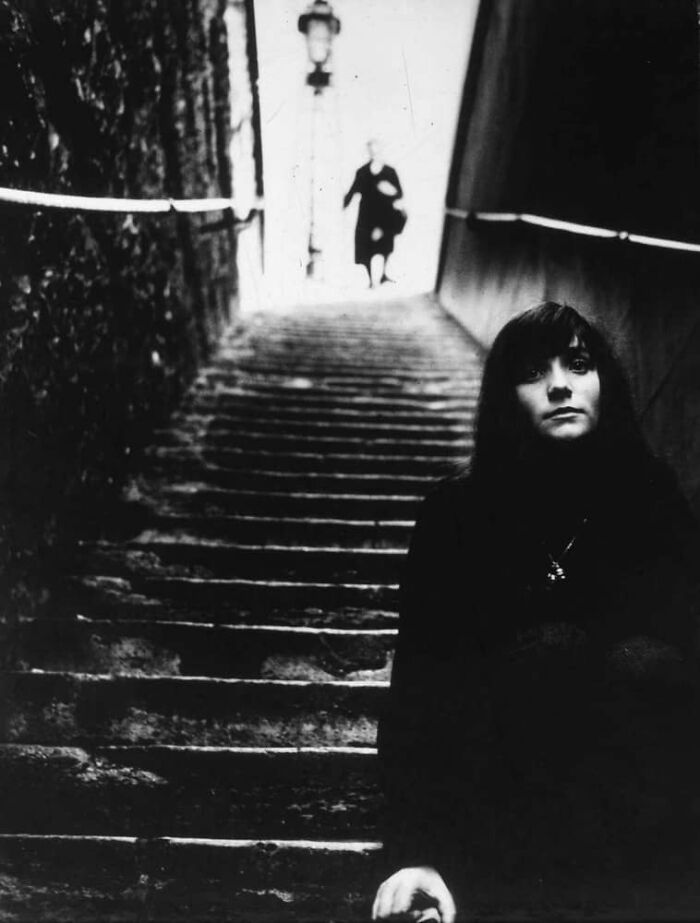
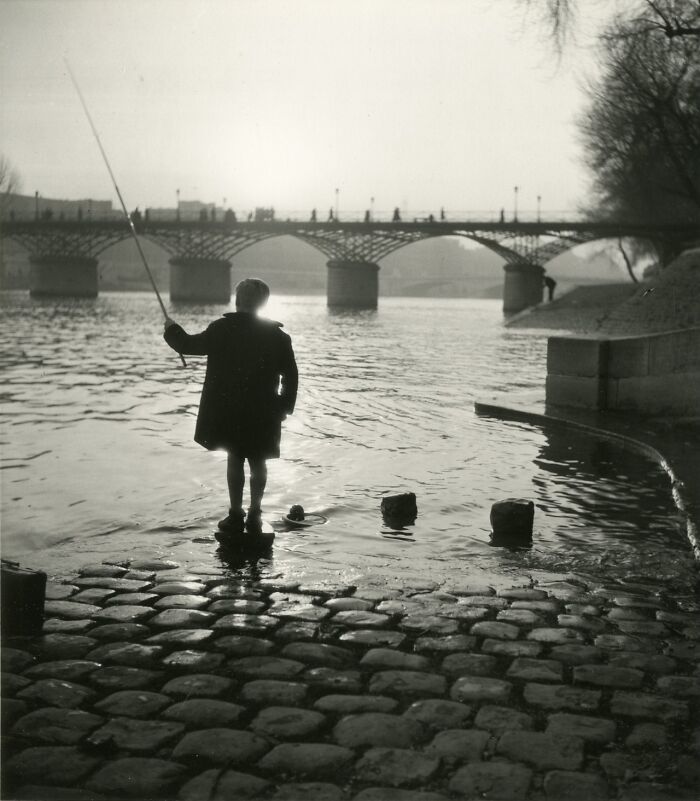
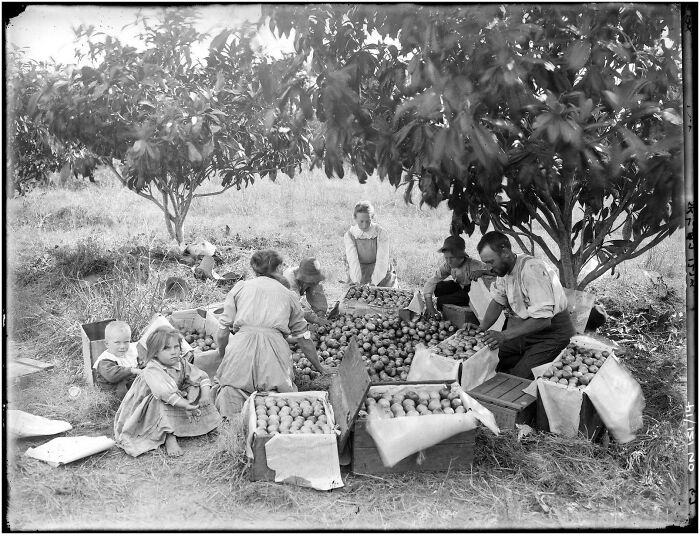
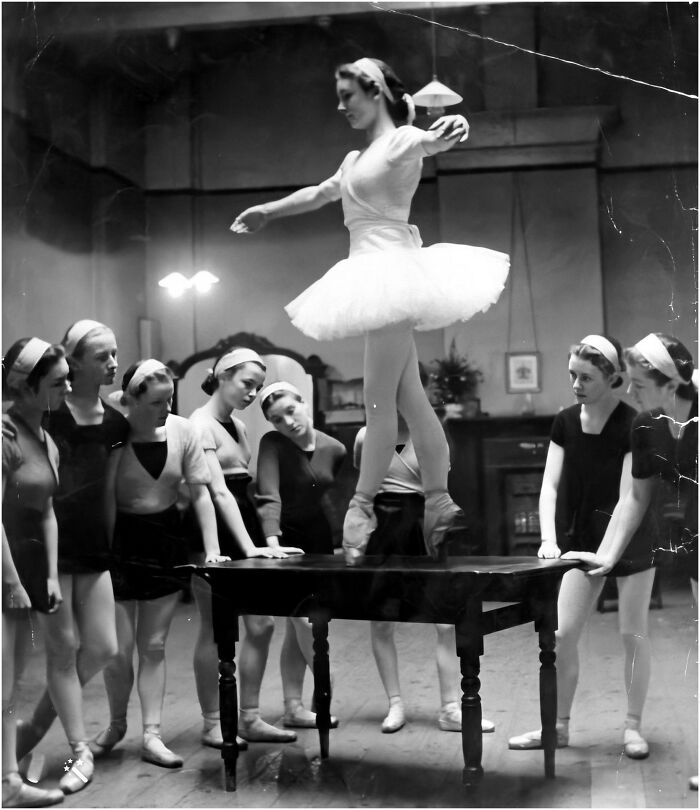
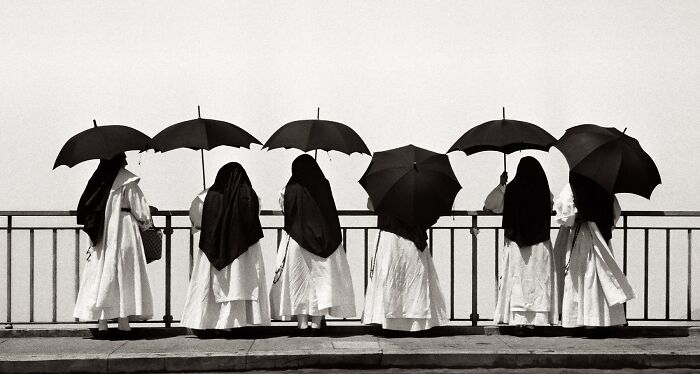
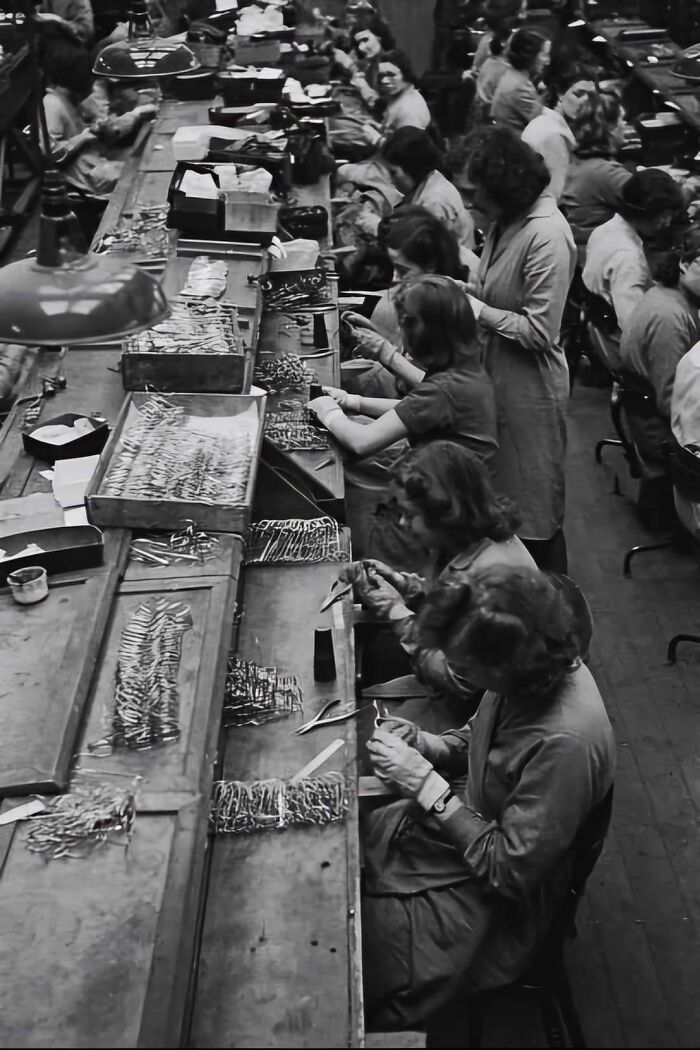
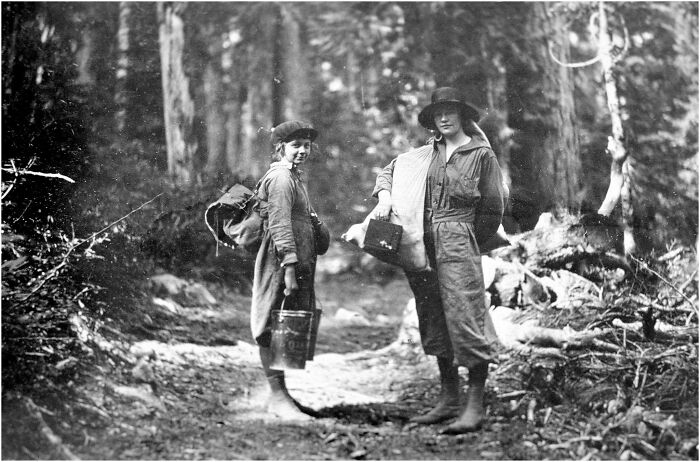
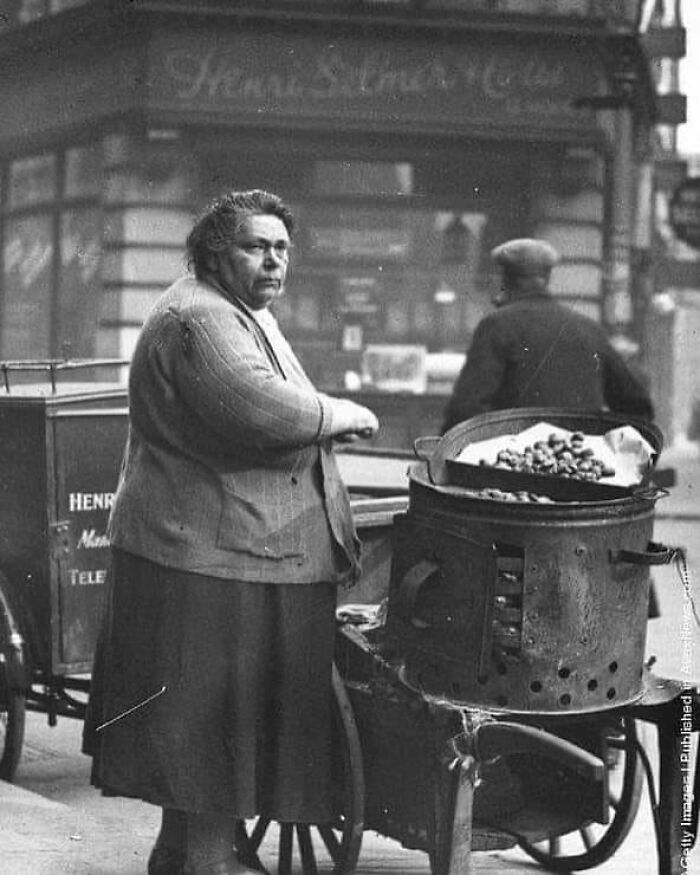
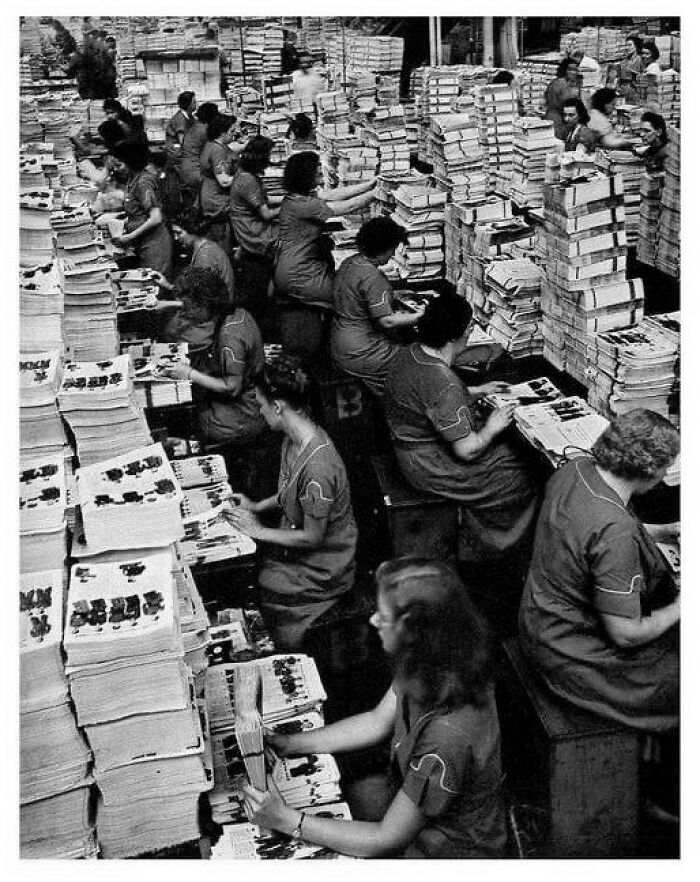
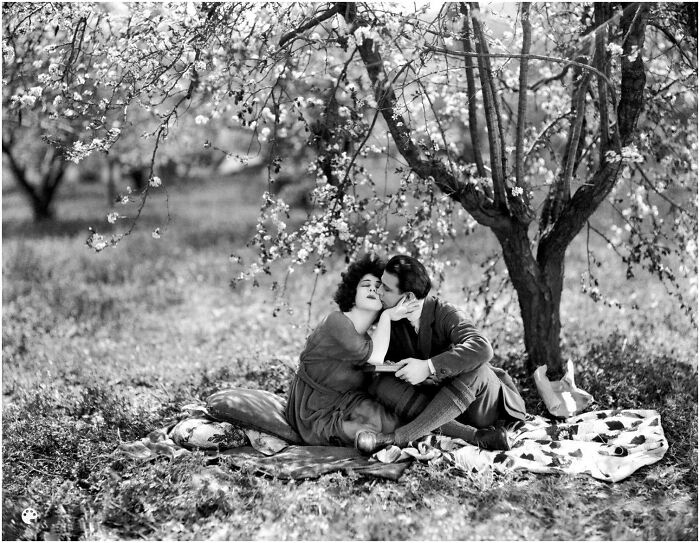
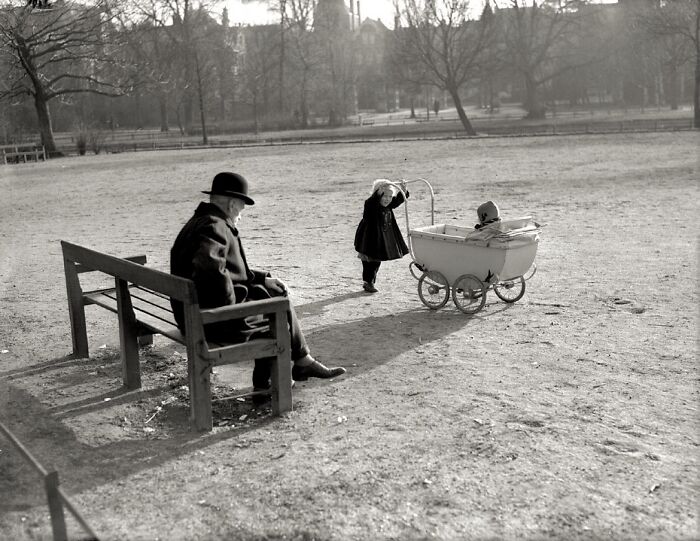
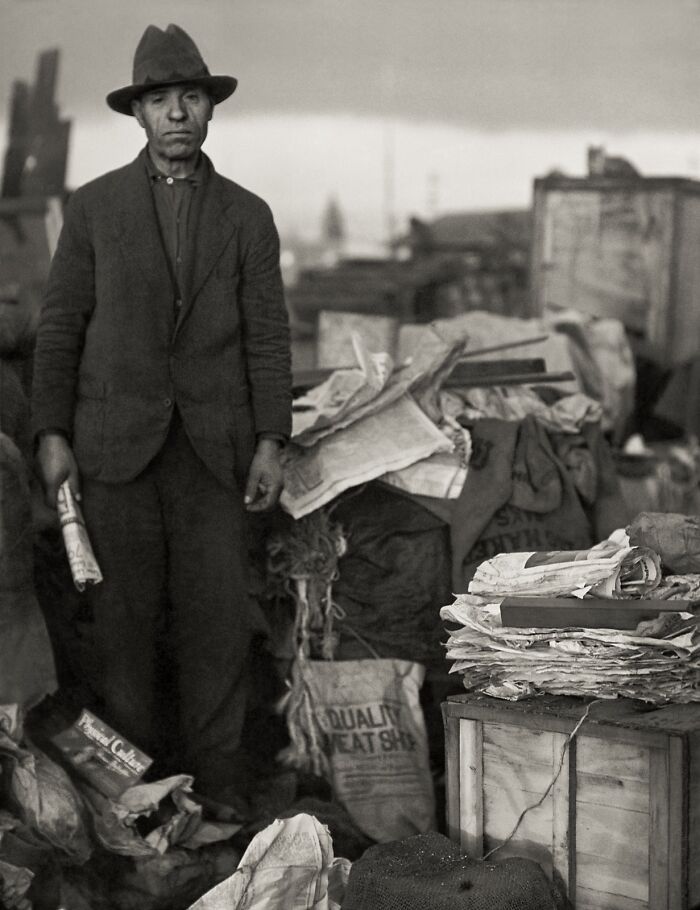
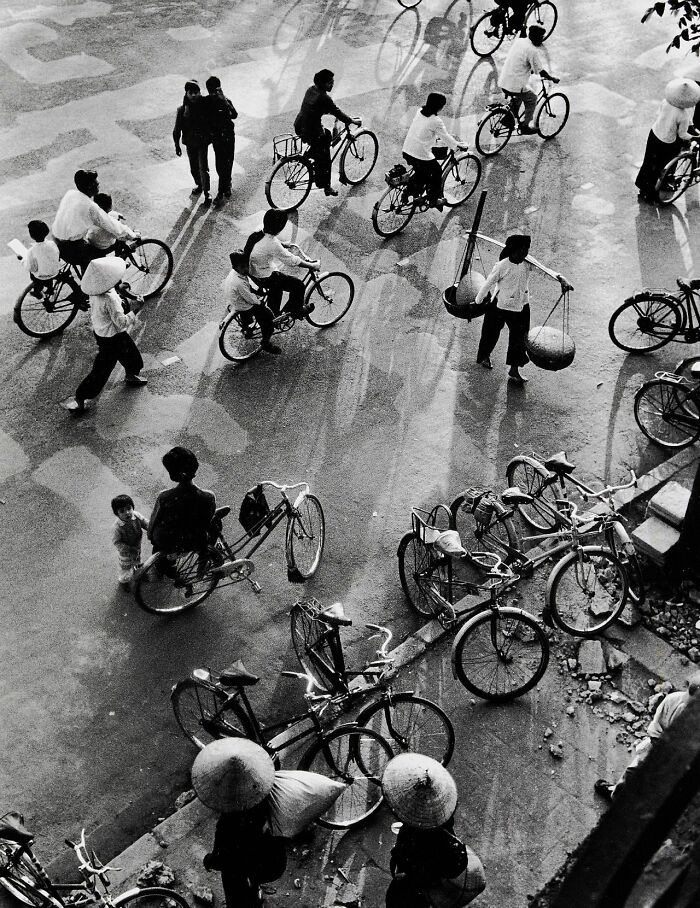
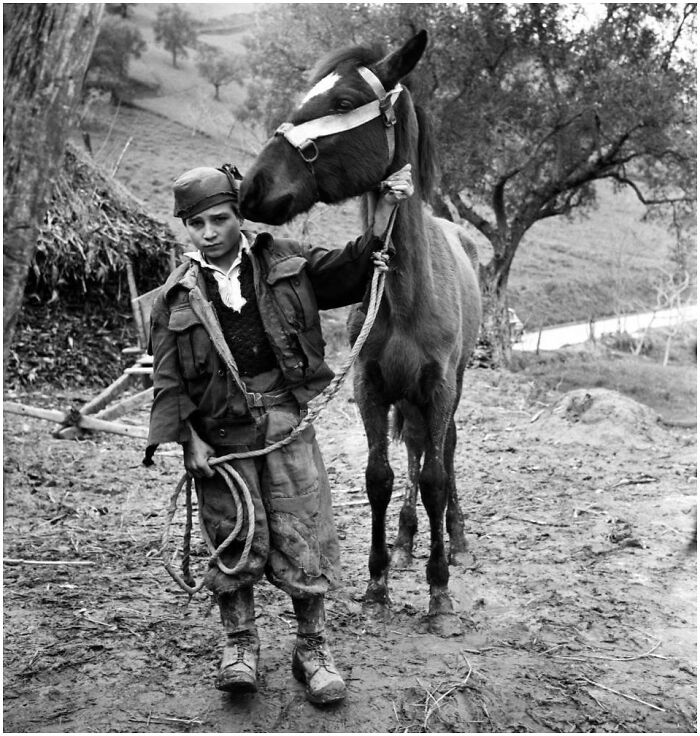
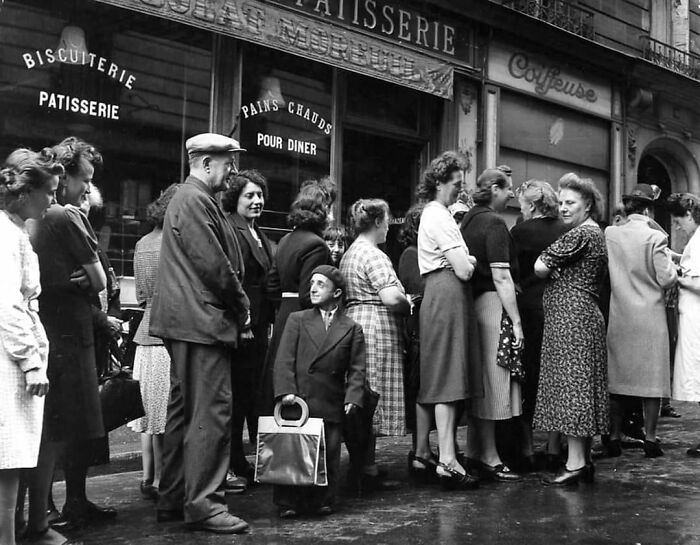
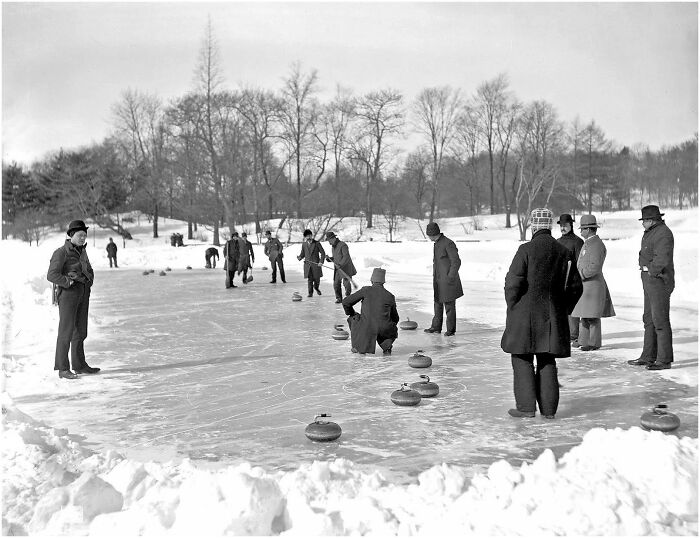
Note: this post originally had 77 images. It’s been shortened to the top 50 images based on user votes.